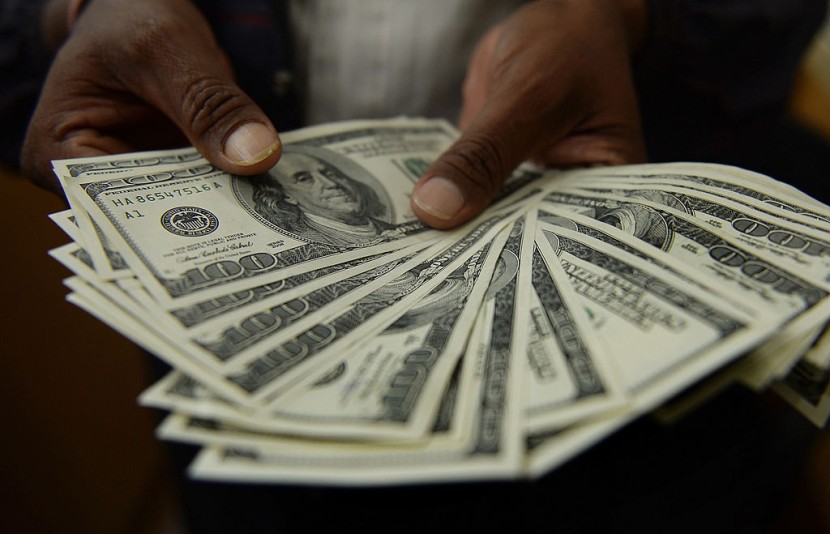
Gov. Tom Wolf is pressing for direct payments of up to $2,000 per household in Pennsylvania, using federal stimulus money that will expire if not used.
In February, Governor Tom Wolf announced a $1.7 billion plan to help Pennsylvania completely recover from the pandemic and pave the path for a prosperous future. His program includes $500 million for the Pennsylvania Opportunity Program, which would provide direct payments of up to $2,000 to households in the Keystone State with an income of $80,000 or less.
Pennsylvania $2,000 Stimulus Check
Democratic lawmakers have proposed legislation in both the Senate and the House, but the Republican-led General Assembly has been hesitant to move on his plan or provide one of their own to use federal stimulus funds from the American Rescue Plan Act (ARPA). The state has $2 billion in federal ARPA monies that must be used by December 31, 2024, or they will be returned.
Governor Wolf was joined in Harrisburg earlier this month by Representative Patty Kim is calling on GOP state lawmakers to pass the PA Opportunity Program to assist Pennsylvanians plagued by rising prices.
The monies would provide much-needed assistance in covering costly childcare and home expenditures. Additionally, give chances for Pennsylvanians to finish educational and training courses to strengthen their abilities and boost income-all which leads to a higher quality of life, AS reported.
Gov. Wolf has previously stated that citizens should not have to pick between paying for electricity or food, daycare, or petrol. The federal rate has not changed since 2009, implying that families are losing buying power, especially in light of the post-pandemic inflation. According to the Keystone Research Center, if the minimum wage had kept up with productivity growth from the late 1960s, it would presently be more than $24 per hour.
A single adult in Pennsylvania needs to earn $16.93 per hour to sustain themself, according to the MIT Living Wage calculation. A single parent with one child earns $32.83 per hour only to sustain their family.
According to reports, the idea would send $2,000 direct payments to Pennsylvania residents earning $80,000 or less. The initiative intends to assist families that are still recovering economically from the COVID-19 pandemic or to assist them in covering pandemic-related expenditures and managing the present, ever-increasing cost of living.
As per WPIX, Pennsylvania has over $2 billion in federal ARPA funds. If the money are not used by December 31, 2024, they will be returned to the federal government. With that type of money and the government behind it, the drive for additional stimulus checks is clearly in full swing.
Maine, New Mexico Stimulus Payments
Residents of Maine and New Mexico, in addition to Pennsylvania, may get another check as early as June owing to the approval of supplementary economic aid laws in those states. The law follows a similar step made by the state of Alaska last week.
With inflation reaching a four-decade high, some state governors and other lawmakers have called for more stimulus checks or tax rebates to help Americans manage their budgets.
Individuals must file their income tax returns as full-time Maine residents by October 31 to be eligible. They cannot, however, be claimed as a dependant, and their federal adjusted gross income (FAGI) must be less than
Individuals filing as singles can claim a $100,000 tax credit, while those filing as head of household can get a $150,000 tax credit.
$200,000 for married couples filing jointly
Although the first round of payments will be given as soon as next month, Maine residents will continue to receive these checks through the end of June. Some people may be eligible for an extra $1,400 in tax relief through the Homestead Exemption Program. Relief payments of $729.3 million will be provided to each taxpayer, according Unica News.
@YouTube
© 2025 HNGN, All rights reserved. Do not reproduce without permission.








